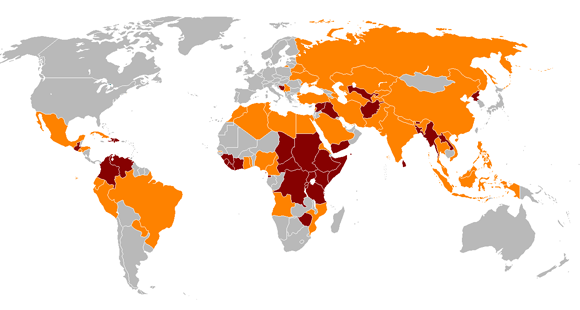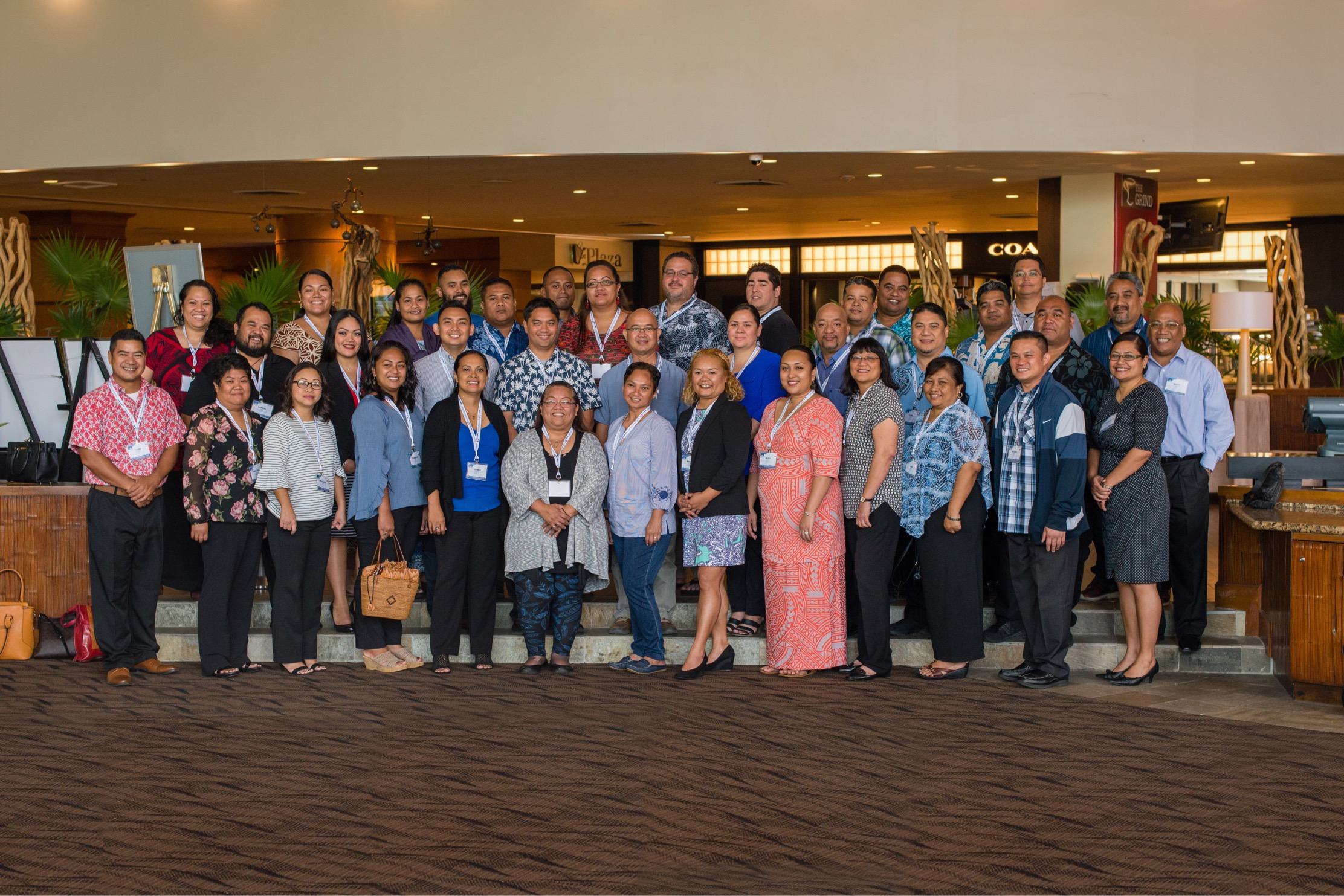What Do You Do with a Failed State?
First, you find out what the term means.? Unfortunately, the Fund for Peace, an NGO that each year publishes the Index of Failed States, doesn?t seem to offer much help.? It offers a list of symptoms?civil strife, hunger, poor economic performance despite sometimes rich resources, breakdown in government services, widespread corruption, and a steady flow of refugees heading for the border.? But at bottom all these are just consequences of the core problem: a national government that is too weak and ineffective to rule.
Afghanistan and Iraq, two countries in which the US has proclaimed its commitment to nation-building, are high on the list of failed states (7th and 9th respectively).? Haiti and Pakistan are two other nations featured regularly in the news that have made the list.?? But it is African and Arab nations, where tribal and ethnic loyalties seem to trump all else, that claim 17 of the top 20 positions on the list for the best of the worst.
Somalia, which had the top spot on the list, is a fragmented country in which anarchy has reigned for years.? But wait.? What about Sudan, a country that appears to have too strong a national government?? It is a country in which a strongman, supported by the military, has ruthlessly punished ethnic groups throughout his 22 year rule.? Perhaps the difference between Somalia and Sudan isn?t as great as it might appear, if we understand the strongman as the sole alternative to a legitimate government in an otherwise ungovernable state.
Examples are easy to find: Mugabe in Zimbabwe (#6 on the list), Mobutu in the Democratic Republic of the Congo (#4), and Mengistu in Ethiopia (#20). Burma, Yemen, and Pakistan offer further instances of the emergence of a strong force?sometimes the military but often an individual?to fill the authority vacuum and compel allegiance.
Now and then a grand figure, often a self-styled reformist, will seize power in an attempt to unify the factions of the nation. The Duvaliers, Papa Doc and Baby Doc, did this in Haiti (#5), as did Idi Amin in Uganda (#21) and Saddam Hussein in Iraq (#9).? The price of unification, of course, is an autocratic centralized rule that can keep in check the regional allegiances that have held sway for so long. The rest of the story is all too familiar. The strongman will soon abandon whatever reformist visions might have guided him, usually because he has come to despair of winning buy-in from his divided people and so he lapses into the age-old pattern, choosing to use his authority to reward himself and his followers.? For decades he will cling to power, rewriting the constitution as necessary or dispensing with it altogether, protesting as he does that legal elections will only be a descent into the anarchy that preceded his rule.
That?s the problem, as I see it.? To see what might be done to help, click here for the whole article.



